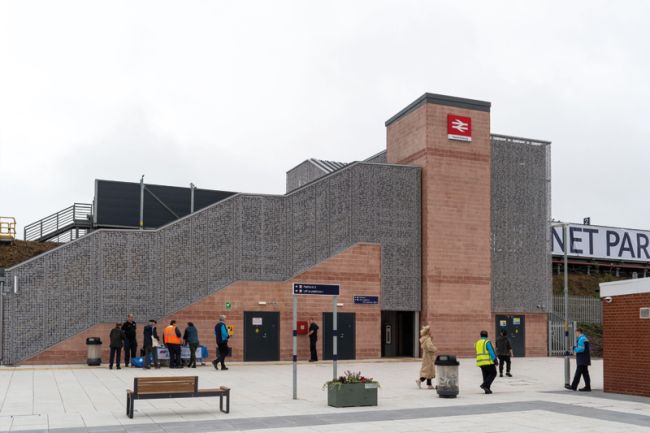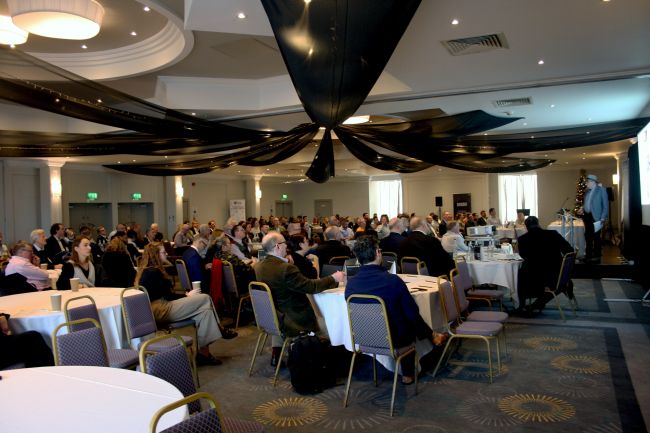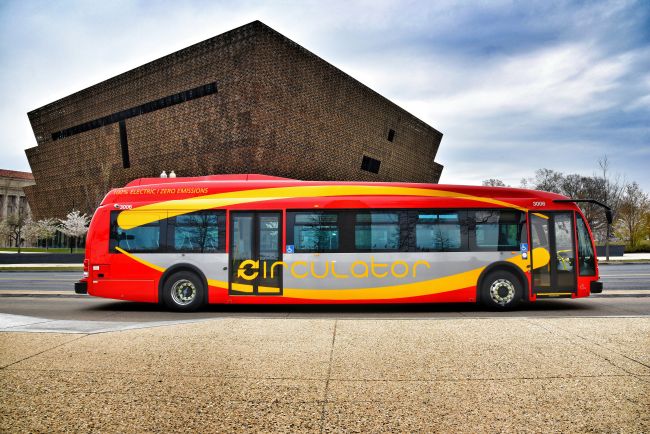Keeping Millennials out of the driver’s seat
Young people are driving less than ever, it is clear that a significant cultural shift is underway.

Young people are driving less than ever, and while the motor industry is buried in introspective angst it is clear that a significant cultural shift is underway. The last century’s love affair with driving at any cost is showing signs of ending, though the reasons behind the breakup remain unclear.
The age at which the Millennial Generation (born between 1980 and 2000) learn to drive is increasing and overall they are also driving less, according to a report recently released by the Frontier Group and the U.S. PIRG Education Fund, “A New Direction” (the number of average annual vehicle miles travelled by 16 to 34-year-olds in the US decreased by 23 percent between 2001 and 2009; the percentage of 14 to 34‐year‐olds without a driver’s license increased from 21 percent in 2000 to 26 percent in 2010). Further, market research has found that just 27% of new cars in the United States are sold to 21 – 34 year-olds compared to a peak of 38% in 1985.
For many of today’s youth, freedom no longer comes in the form of a driver’s license, but often a universal transit pass or a bike. “A New Direction” also found that in 2009, youths aged 16–34 took 24 percent more bike trips than they took in 2001, while their passenger miles on transit increased by 40 percent in the same time period.
What does this mean for TDM practitioners?
We need to shift our perspective on changing the behavior of young people; instead of thinking about how we get people out of their cars, can we instead keep today’s youth from getting into them? Perhaps of more importance, the question becomes how to support this trend given that it is more effective to reinforce positive behaviors than to discourage negative ones. In supporting more sustainable travel modes, focus should be placed on innovative products, messages and service improvements that disseminate this trend from urban centers out to the ‘burbs.
Rather than just focusing on commuter journeys to work, we also need to take a long-term view and encourage Millennials to stay out of cars as they advance in their careers and start families. If we succeed, we will have secured a cycle where parents pass on these habits to their children who in turn will delay ownership of cars. If they do eventually purchase a vehicle, they will have developed habits that will encourage them to use it less frequently.
This long-term approach to TDM should provide more children with the opportunity to safely walk or bike to school, so that they will continue these behaviors as they grow up. Steer Davies Gleave’s work with Bikeability, the UK’s national bicycle training program, has found that students receiving bicycle-skills training in elementary school are more likely to ride their bikes to high school. Further, studies of universal transit pass programs commonly employed at universities show strong links between U-Pass use while at school and lifetime transit use. Students who regularly commute via transit are more likely to use transit and make TDM-supportive choices later in life, adjusting where they live, work and shop based on convenient access to transit.
Alongside these measures, in order to support Millennials who are interested in more than just travel time and cost savings, practitioners must continue to encourage and highlight the less apparent benefits associated with alternative travel modes that are aligned with Millennial values: an active lifestyle; easy access to goods and services; and community building opportunities that can’t be found in a car.
Sustainable modes are becoming the modes of choice for large numbers of young people and students across North America. We need to help change the cultural conversation and expectation around car ownership but also ensure that real alternatives are provided for those who can afford to choose a convenient, effective and feasible transportation solution.



















